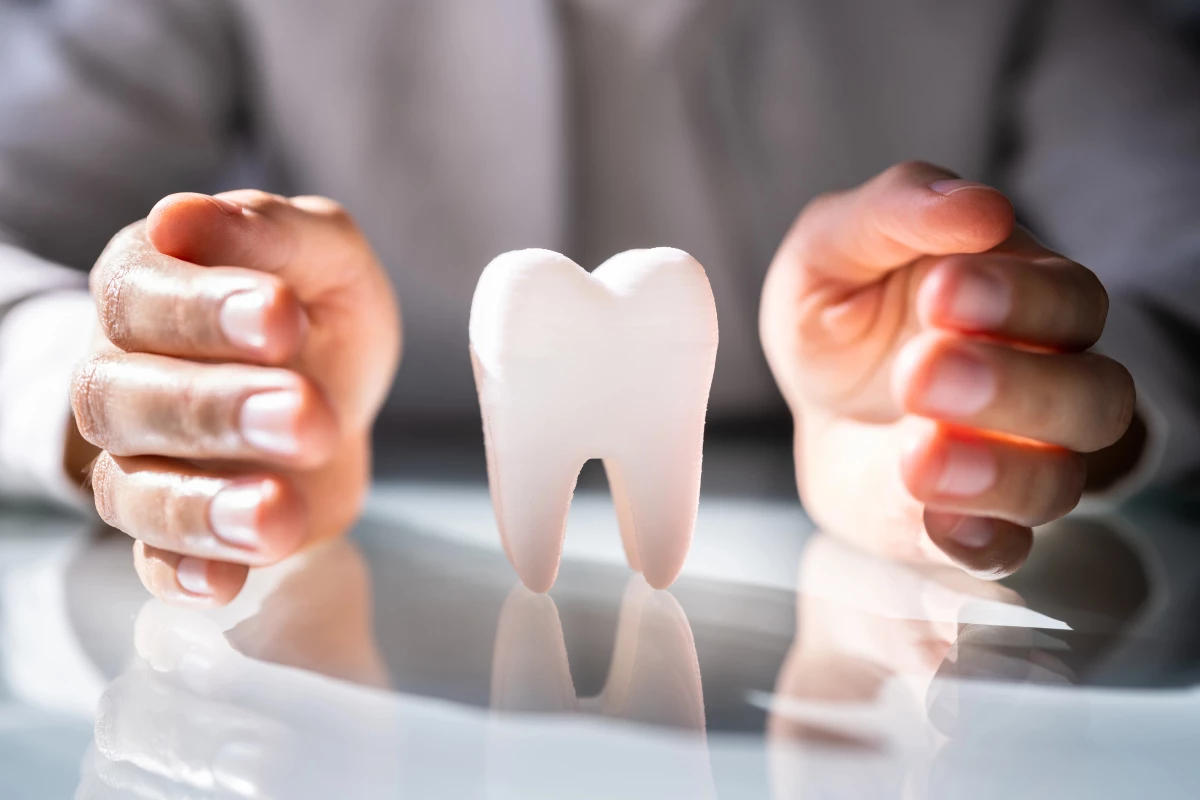A recent study has revealed the underlying reasons why men experience dental diseases, such as gum disease and tooth decay, more frequently and severely than women. Researchers from the University of North Carolina at Chapel Hill identified a specific inflammatory protein, interleukin-1 beta (IL-1β), that exacerbates symptoms of periodontitis in males, potentially paving the way for targeted treatments.
The research team analyzed data from 6,200 human samples across three studies, discovering that men possess significantly higher levels of IL-1β in the fluid found in the gingival crevice, an area between the gum and each tooth. This heightened activity may intensify gum and bone loss during infections, contributing to the progression of periodontitis, a disease often leading to tooth loss.
Historically, studies attributed men’s increased susceptibility to periodontitis to behavioral factors like poor oral hygiene or less frequent dental visits. While these habits contribute to the onset of the disease, the current findings highlight the role of the body’s inflammatory response in worsening the condition over time.
Researchers found that IL-1β, a cytokine involved in immune cell activation, has significant implications beyond dental health. It has been linked to various neurological conditions, such as stroke and Alzheimer’s disease, and even ocular diseases like glaucoma. Understanding its role in periodontitis could lead to breakthroughs in both dental and broader health contexts.
Significant Findings and Implications
The study’s lead investigator, Julie Marchesan from the UNC Adams School of Dentistry, emphasized the importance of their findings. “Our paradigm-shifting work not only pinpoints the inflammasome as a causal driver of male-biased periodontitis but also demonstrates a clear path for the development of sex-stratified therapeutics in periodontics,” she stated. This insight challenges previous assumptions that inflammatory mechanisms were similar for both sexes.
In laboratory tests using a mouse model, male mice exhibited significantly higher IL-1β secretion than their female counterparts, echoing the human findings. Mice with specific gene deletions related to the inflammasome showed reduced bone loss associated with dental disease. Furthermore, when treated with an experimental drug inhibiting IL-1β, male mice experienced a notable decrease in inflammatory cells infiltrating gum tissue.
This phenomenon was not replicated in female mice, indicating a distinct connection between the male reproductive system and this immune response. The study suggests that the male biological framework inherently influences how the immune system reacts to dental diseases.
Future Directions for Treatment
The research, published in the journal Proceedings of the National Academy of Sciences, opens new avenues for developing treatments tailored specifically for men. While further studies are needed to explore how these findings apply to women, the suppression of IL-1β holds promise for preventing the progression of periodontitis.
According to the Centers for Disease Control and Prevention (CDC), approximately two in five adults in the United States aged 30 years or older suffer from some degree of periodontitis. The prevalence is notably higher in men, with around one in two affected, compared to one in three women. Among individuals over the age of 65, the prevalence rises to an estimated 60%.
Marchesan reiterated the potential impact of their findings: “Our findings will foster the development of therapies that target the inflammasome and can specifically benefit male patients, while also paving the way for the discovery of biological mechanisms responsible for periodontitis in females.”
This research not only enhances understanding of dental health disparities between sexes but also contributes to the broader field of inflammatory disease research, potentially leading to improved outcomes for countless individuals affected by these conditions.







